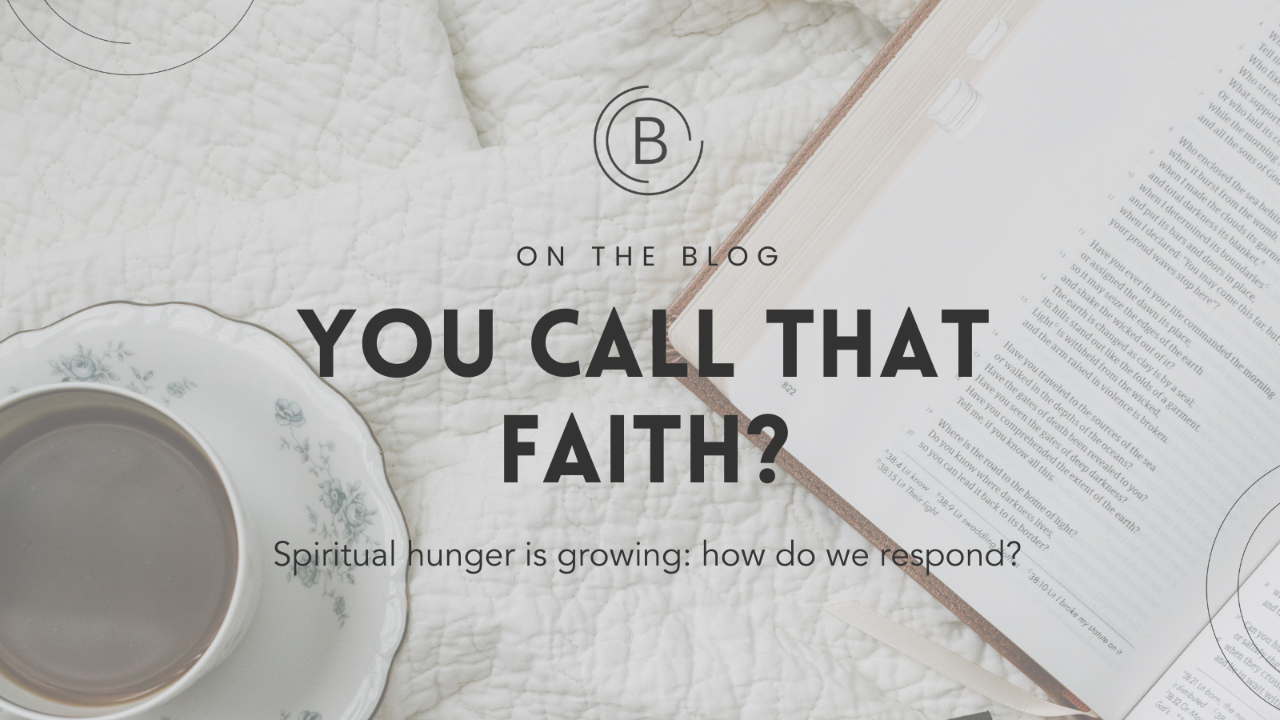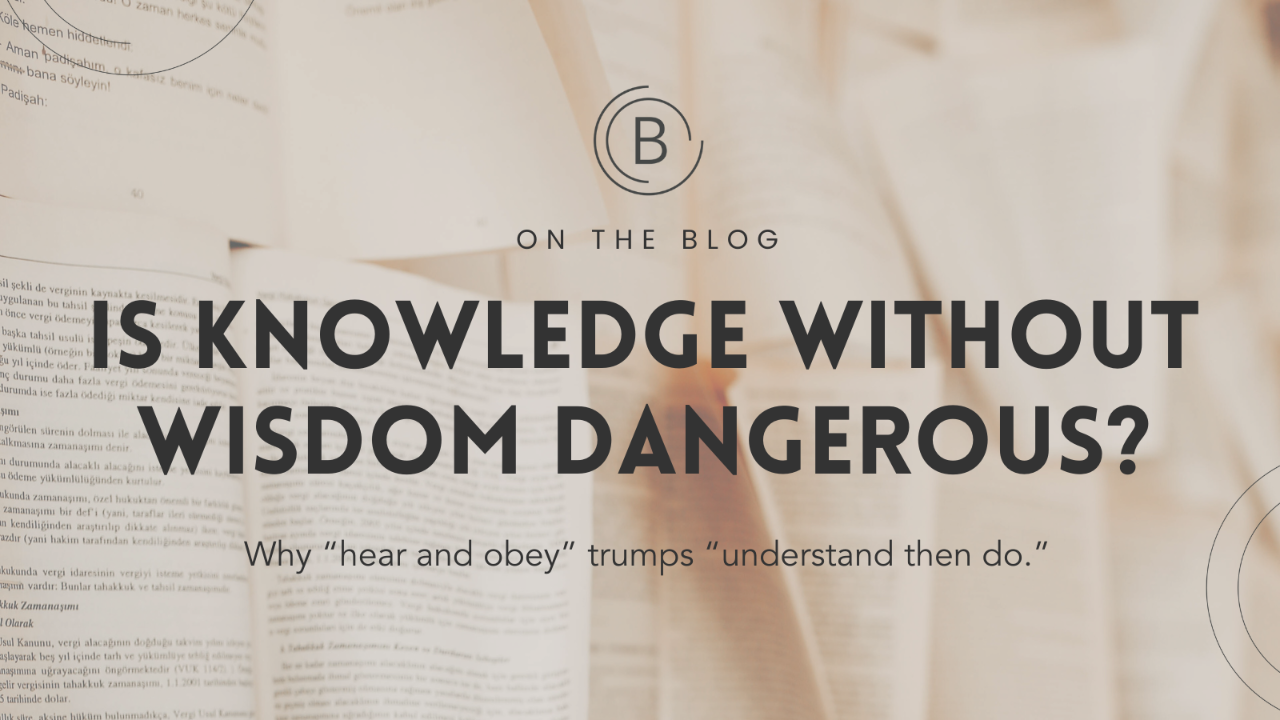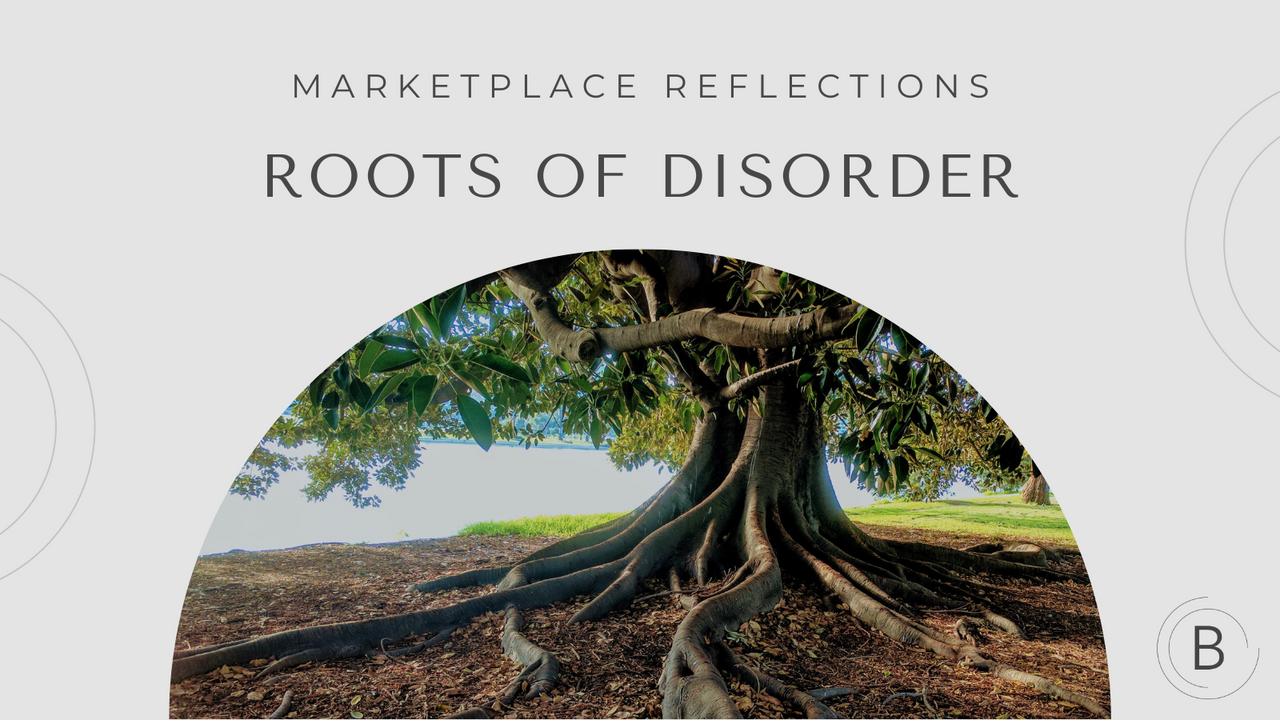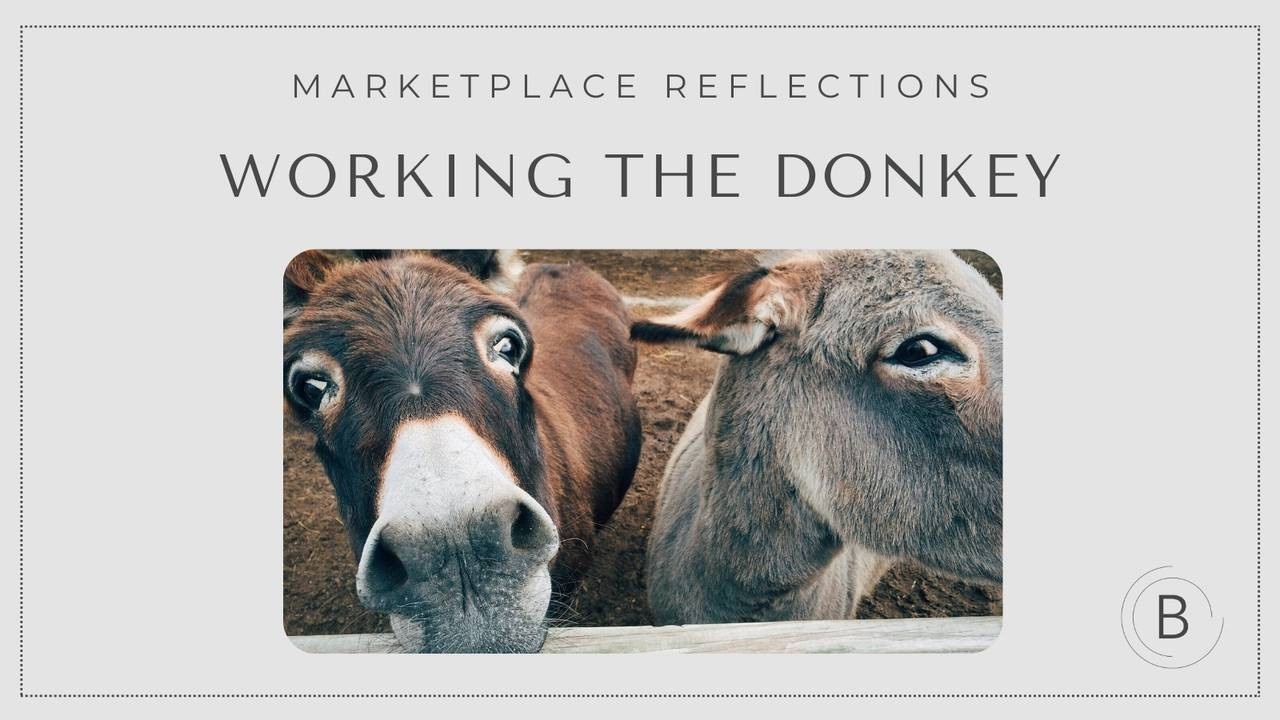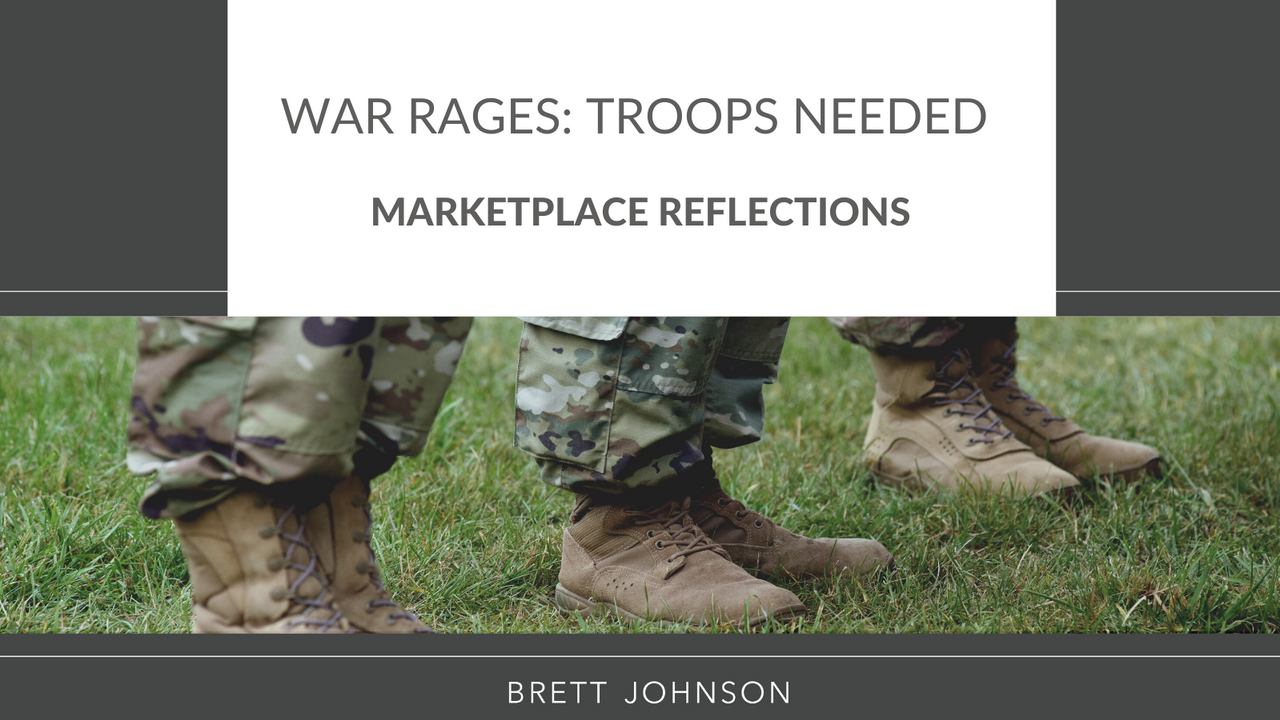Is It Safe To Separate Truth And Love?
Apr 20, 2023
You Call That Faith?
Mar 01, 2023
Is Knowledge Without Wisdom Dangerous?
Jan 31, 2023
Roots of Disorder
Aug 02, 2022
Open Eyes, Open Hearts, Open Doors
Jun 28, 2022
Your Order, Please
Jun 21, 2022
Working The Donkey
Jun 07, 2022
You End Up Where You Think
May 31, 2022
What You Think About At Night
May 24, 2022
Wealth and Wisdom
May 17, 2022
Watch Out For Miracles
May 10, 2022
War Rages: Troops Needed
May 04, 2022


